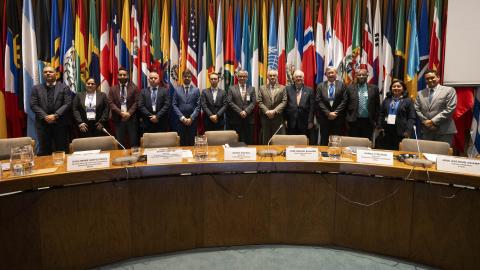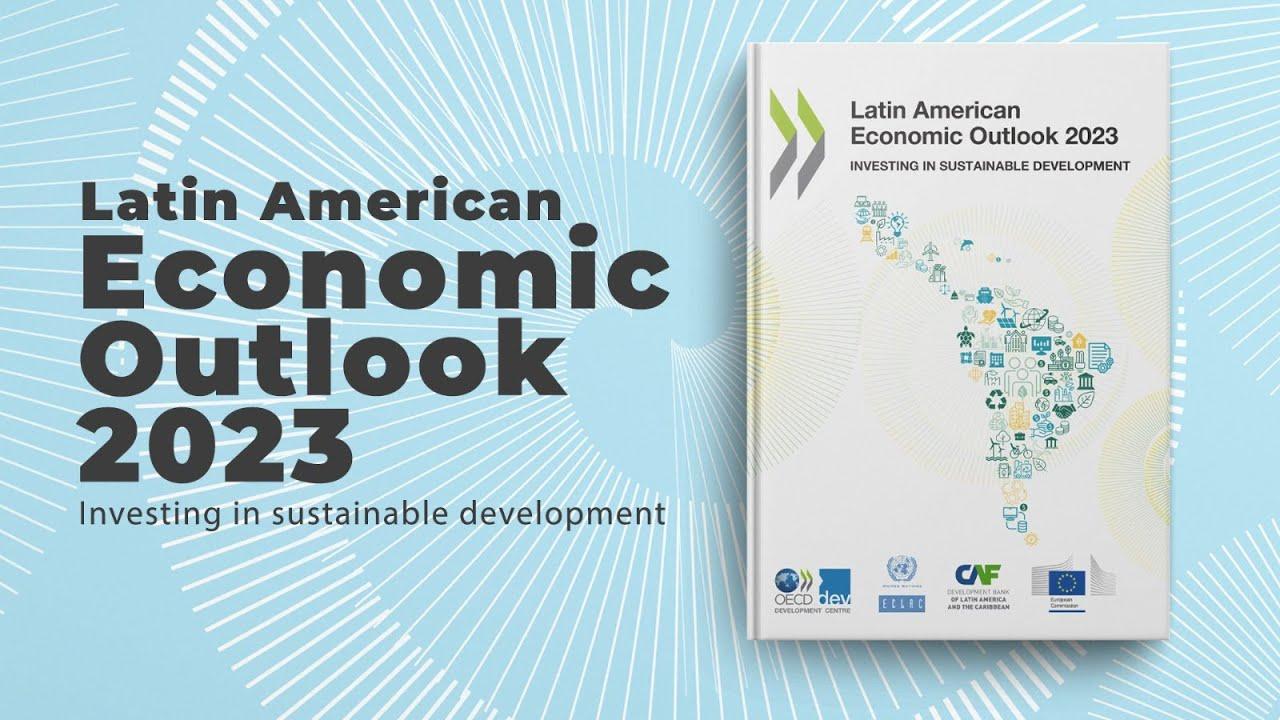Speech
(13 April 2011) Latin America and the Caribbean are facing the following double shock: rising commodity prices and the growth in global liquidity. Faced with increased inflows of foreign capital inflows to the region, it is vital to think back to past crises and learn the lessons they have to offer, stated Alicia Bárcena, Executive Secretary of ECLAC.
Today in Santiago, Chile, this senior United Nations official opened the Workshop on macroeconomic policies: global integration and international financial markets, which brings together economic authorities and experts from several Latin American and Caribbean countries to analyse the challenges relating to fiscal, monetary and regulatory policy that are facing the region in the medium term.
Bárcena said that the region had good growth prospects, and that its macroeconomic systems give it a certain robustness within the international context. She said that "Although increased inflows of investor capital is generally a positive development, it may become a nightmare".
Latin America and the Caribbean have experienced periods when excess foreign liquidity resulted in unsustainable expansions in spending and falls in the real exchange rate, which ultimately led to painful processes of recessive adjustment, leaving unemployment, poverty and social instability in their wake: she highlighted that "we must learn the lessons from past crises".
She added that "economic growth must not be confused with development, and there can be no development without equality. Employment is the cornerstone for tackling inequality and narrowing the gaps in income, social security access and job security".
The opening conference of the workshop was led by Felipe Larraín, Chilean Minister of Finance, who spoke about external risks and financial integration.
He explained that the main risk now facing the world economy is the rise in oil prices: "World GDP could fall by between 0.8% and 1.0% if oil reaches US$ 150 a barrel and stays at that level". The current reference price is around US$ 120 a barrel.
Minister Larraín described the Chilean experience of integrating the international financial markets, and mentioned the most recent issuing of sovereign bonds by the country and how these bonds have opened markets for the international placement of bonds by Chilean companies, including in the national currency. He also confirmed that Chile has not introduced controls on capital inflows, and that it does not plan to do so in the future.
Lastly, the Minister reflected on the possibility that the currencies of emerging economies, such as Latin American countries, could gradually increase their participation as reserve currencies, in the light of the growing importance of emerging economies within the international economy.
Any queries should be addressed to the ECLAC Public Information and Web Services Section.
E-mail: dpisantiago@cepal.org; telephone: (56 2) 210 2040.


